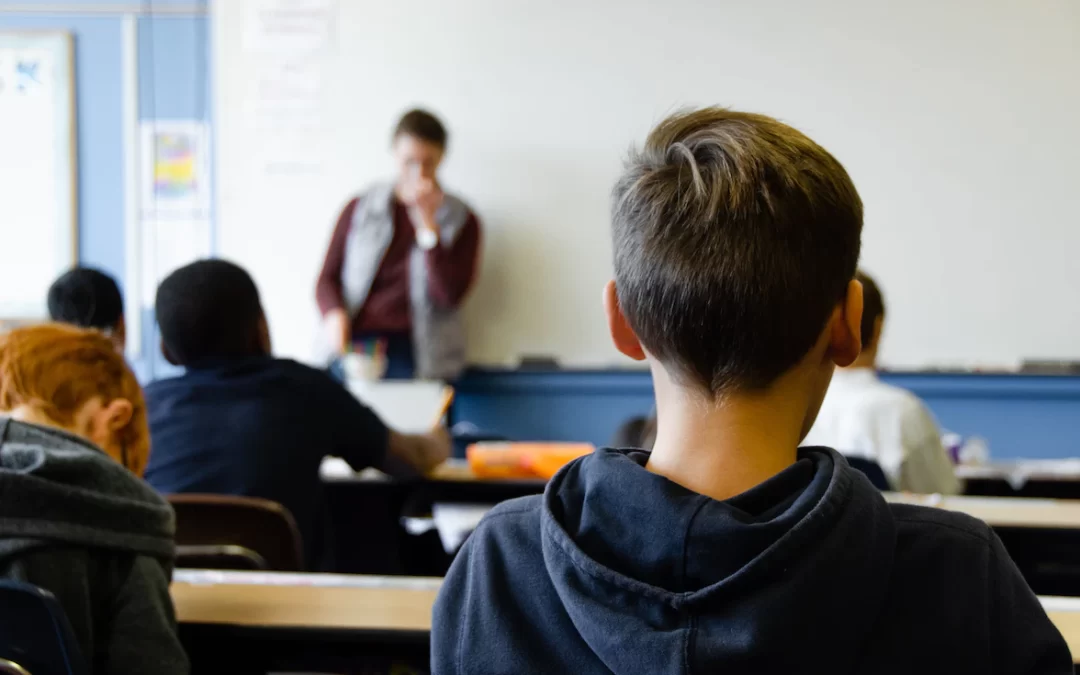A Ross-on-Wye primary school has been praised for promoting pupils’ well-being in a recent Ofsted report.
Lea CofE Primary School was praised in the report that described the school as ‘good’ following an inspection on 17th and 18th October 2023.
The report said:
“Lea CofE Primary School welcomes everyone. Staff know the pupils as individuals. Staff provide a high-quality pastoral care and take good steps to promote pupils’ well-being.
“The school has high expectations for pupils’ behaviour. Pupils settle into a calm and orderly classroom routine from the very start. They quickly come to respect each other and the staff. Disruption to learning is rare.
“Pupils know that there are always adults to talk to, and that any disagreements will be resolved straight away. Pupils feel safe, and play happily at social times.
“Pupils have opportunities to take up positions of responsibility and to influence how the school runs. Older pupils help younger ones as reading buddies. They become confident, caring and articulate young people. A high proportion take part in a range of after-school activities, including craft clubs and choir.
“The school has planned an ambitious curriculum in which learning builds on what pupils already know. Learning moves smoothly from one key stage into the next.
“Pupils quickly become fluent and enthusiastic readers. They study a wide range of subjects and enjoy the variety of their learning. Pupils, including those with special educational needs and/or disabilities (SEND), learn well.
“The school makes learning to read a top priority, and learning to read is a strength of the school. Starting in the Nursery class, a structured and rigorous programme ensures that children learn about letters and sounds in an effective sequence. Staff use resources in a consistent way. They check on what each pupil knows and can do. The school makes sure that pupils read frequently to an adult.
“Pupils who find reading more difficult are supported to keep up. Books for younger pupils are matched well to their knowledge of phonics. Pupils read widely and develop a strong appreciation of the purposes and joys of reading across the school.
“Pupils study all the subjects of the national curriculum. The school has designed learning opportunities well, so that they build on what pupils already know. Day-to- day activities in lessons ensure that the school’s longer-term learning aims are met.
“However, in mixed-age classes, the work set is sometimes not as well suited as it could be to all the pupils in the class.
“Teachers know their subjects well. The school has identified the key knowledge for pupils to learn. Pupils are helped to remember it, such as by testing what they can recall at the start of a lesson. In class, teachers ask questions to check effectively on what pupils have learned.
“Activities in the early years help children get off to a very strong start. For example, in mathematics, ‘paying’ for their snacks with plastic coins reinforces children’s early understanding of number.
“Pupils have ample opportunities to practise their skills before applying their mathematical learning.
“In general, the curriculum is put into effect successfully in most subjects, but a level of inconsistency remains. The school has not checked how well the curriculum is implemented with sufficient rigour.
“The school identifies the additional needs of pupils with SEND promptly and accurately. It makes sure that staff across the school understand how individual pupils with SEND learn best.
“Pupils who attend the resourced provision take great strides in overcoming their social and emotional difficulties.
“The school’s approach to managing behaviour is rooted in its values. Staff apply the school’s rewards and sanctions fairly.
“Where necessary, staff support pupils who need help with their behaviour well. Pupils are keen to learn, and concentrate hard in lessons. They care for each other and cooperate well, both in the classroom and the playground.
“Pupils follow a planned programme of personal development that teaches them about healthy relationships and how to stay safe.
“They learn about different cultures and traditions, for example through the link with a school in Uganda. Staff encourage pupils to think about others. Serving as school councillors or librarians helps pupils to develop leadership skills and confidence.
“They learn how to demonstrate social responsibility, such as through their recent involvement in action to clean up the River Wye.
“The school has successfully been steered through a period of change and the next steps the school needs to take are known. The school works effectively with parents, for example to show them how to support their children’s reading. The school provides effective support for teachers joining the school at an early stage of their careers.
“Staff are happy, motivated and believe that the school is considerate of their well-being and workload.
“Responsibility for subject leadership is arranged across the two schools in the federation.
“In recent times, there has been insufficient opportunity to check on how well teachers are implementing the curriculum.”
Full report – https://files.ofsted.gov.uk/v1/file/50234374




